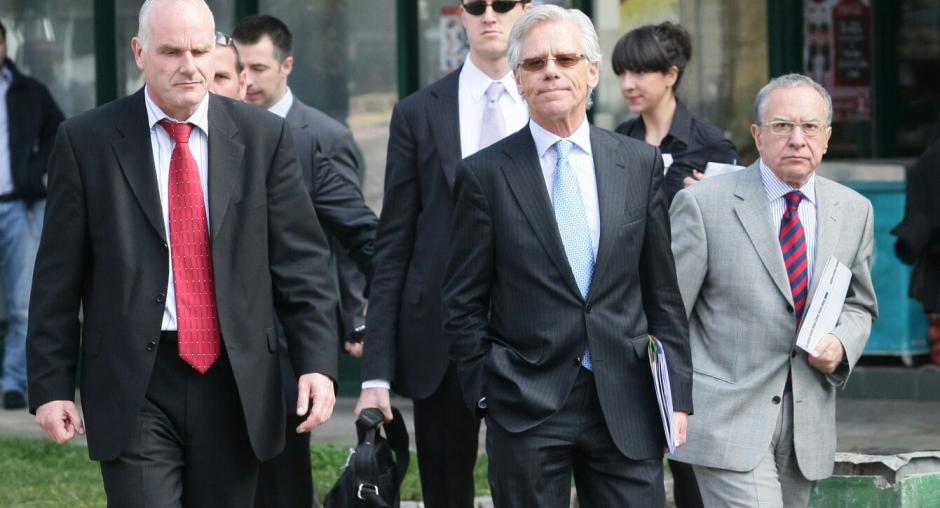OSCE welcomes opening of multilingual university department in south Serbia

BUJANOVAC, Serbia, 28 October 2011 – The OSCE High Commissioner on National Minorities (HCNM) Knut Vollebaek and the Head of the OSCE Mission to Serbia, Dimitrios Kypreos, today attended the opening of the first multilingual and multi-ethnic university department in Bujanovac.
The department is a branch of the Faculty of Economics in Subotica, in the multi-ethnic region of Vojvodina, north Serbia. Professors from Subotica and visiting professors from the State University of Tetovo will teach economics and marketing to students of all ethnic groups in south Serbia. A number of courses will be delivered in both Serbian and Albanian, with the proportion of Serbian-language courses gradually increasing during the four-year programme. This will give students from ethnic Albanian backgrounds the opportunity to both access higher education in their mother tongue, while also improving their proficiency in the State language, and is the first such initiative in Bujanovac.
“This model is an example of how multilingual education can solve the dilemma of ‘either mother-tongue or State-language education’. The educators’ and authorities’ joint effort here demonstrates that,” said Vollebaek in his opening address. High Commissioner Vollebaek hailed the project as “an encouraging example of how other challenges south Serbia faces could be jointly addressed in the future,” and praised the commitment of all parties involved, including Ministers Milan Marković and Žarko Obradović, Bujanovac Mayor Shaip Kamberi and Dean Nenad Vunjak, to make this department a reality.
“The multi-ethnic and bilingual nature of this faculty is a new beginning in higher education for communities in south Serbia,” said Ambassador Dimitrios Kypreos, the Head of the OSCE Mission to Serbia. “Access to quality education in one’s language of choice will foster opportunities for the communities living in the region, improve the students’ competitiveness in the labour market, while enhancing interethnic relations in general.”
The OSCE has strongly supported this initiative, which was implemented in co-operation with the Serbian Government, local authorities, the Albanian National Minority Council, the provincial government of Vojvodina and a number of Belgrade-based bilateral embassies.
